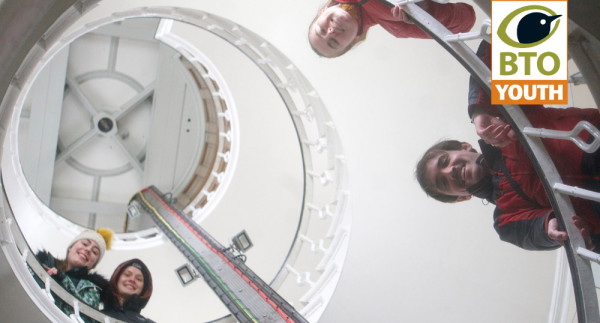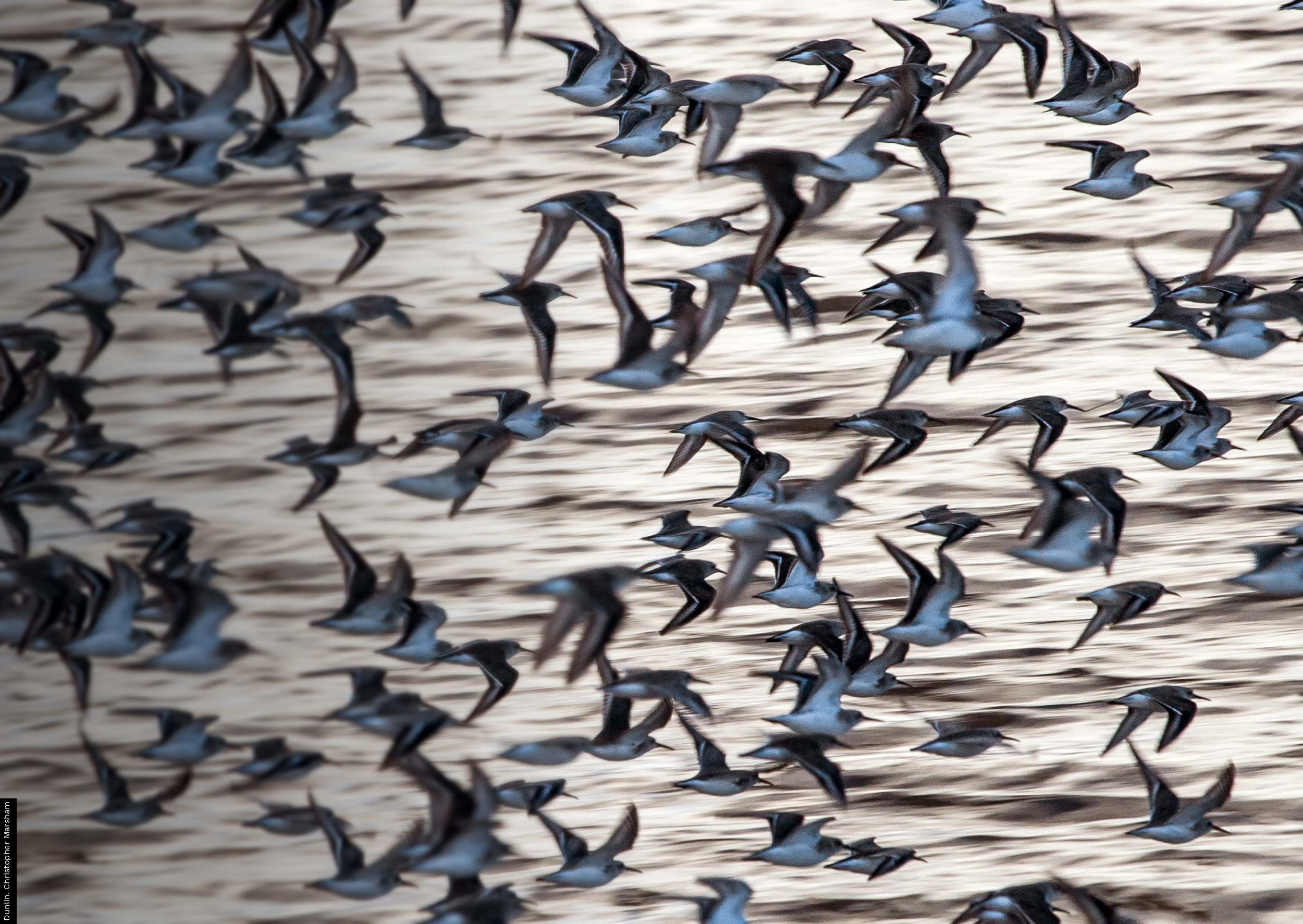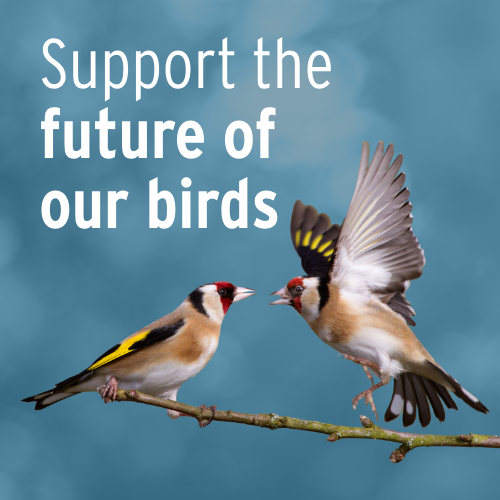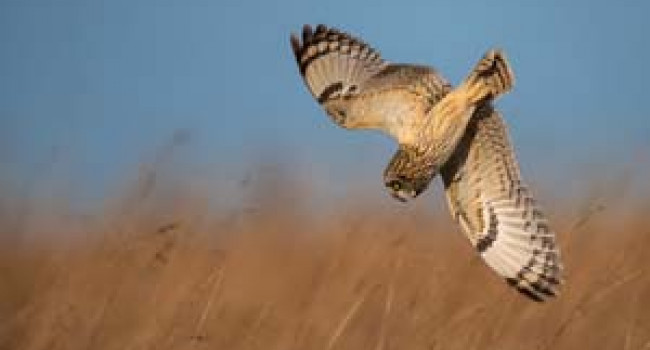BTO Youth explore the Isle of May
BTO Youth explore the Isle of May
31 May 2023
On 8 May 2023, BTO Youth Volunteers Georgie and Katie took 10 students to the Isle of May to learn more about the island and the nature that can be found on it.
This article was written by Georgie Tugwell, BTO Youth Rep.
The trip began with an exhilarating boat ride over to the island in the ‘Osprey’. As we neared the island thousands of seabirds encircled us, with Puffins and Guillemots sitting in the water mere metres away from our boat. Some of the young people had never seen Puffins before and to be surrounded by so many was simply awesome! Before docking, our skipper took us alongside the island cliffs which were alive with the activity of nesting seabirds. Right before we disembarked, we spotted two Grey Seals!

Eiders nested right next to the paths and were unbothered by our presence. It was great to see birds usually distant at sea up close.
David Steel, the NatureScot Isle of May reserve manager, welcomed our group onto the island and we were shown the visitor centre before being given some free time to explore. No one wasted any time, and we were soon venturing along the island’s paths!

Eiders nested right next to the paths and were unbothered by our presence. It was great to see birds usually distant at sea up close. It was not long before one of the participants, a keen birder, spotted a Black Redstart, Whinchat and Wheatear. These migrant species had likely been grounded on the island by the previous days of ‘haar’ (a cold sea fog) and it was great that everyone had the opportunity to view these birds through a scope.
After familiarising ourselves with the island, David kindly invited all 12 of us inside for breakfast. This was a welcome retreat from the rain and we all enjoyed warming up with a hot drink. David answered the group’s many questions about island life and the seabirds, and we learned that his speciality was the Arctic Terns which had coincidentally arrived back on the island the day of our trip!
Many participants had never experienced bird ringing before...there were lots of questions on how and why birds are ringed, and the type and importance of the data collected.
Next, we ventured up to the lighthouse and learnt about the history of the island. The view from the top was spectacular and we could see for miles. The many Heligoland traps and their unusual shapes were visible from above; David and Josie Hewitt, a researcher for the Centre for Ecology and Hydrology (UKCEH), explained how these traps worked.
We were then given a bird ringing demonstration by Josie after a Blackbird, Redstart and Whinchat were caught using the Heligolands. Many participants had never experienced bird ringing before and there were lots of questions on how and why birds are ringed and the type and importance of the data collected.

After the demonstrations, we were given a tour of the island’s research hides by Mark Newell of UKCEH. These had great views of the Guillemots, Kittiwakes and Razorbills that nestled into every nook and cranny of the island’s cliffs. We learnt about the methods of monitoring so many nests and about the behaviours of the different seabird species.
The weather cleared up in the afternoon and we all had lunch at the visitor centre, surrounded by an abundance of seabirds! David then gave us a tour of the Isle of May Bird Observatory, the oldest in Scotland. We got to read the fascinating Observatory’s visitor and bird sighting logs that dated back to the 1930s.
When the rib arrived to take us home everyone seemed reluctant to leave; many commented that they could not believe how quickly the day had gone by! On our walk back to the boat a participant spotted a Pied Flycatcher, and we all got the opportunity to watch the bird for a few moments through a scope. It was a lovely way to round off a brilliant day!
This trip was made possible by the BTO Youth programme and the generous support of the Isle of May Bird Observatory. To learn more about the Observatory, visit their website or have a look at the blog by NatureScot.
Thanks also to NatureScot, especially David Steel who helped coordinate activities on the island, and to the UKCEH team of Mark Newell and Josie Hewitt.

Get involved with BTO Youth!
Discover events, our latest news and blogs and a range of resources all created especially for BTO Youth in our Hub.







Share this page